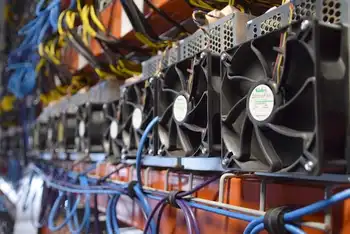DTE Energy to issue RFP for energy-efficiency programs
DETROIT, Michigan -- - DTE Energy will issue a Request for Proposal for a package of energy-efficiency programs whose vendor contracts expire.
DTE's RFP indicates the success and continuation of its current programs. The company will seek two-year contracts for programs that include appliance recycling heating, ventilation and air conditioning, home performance with insulation and windows and lighting and appliances.
The scope of work includes achieving energy savings within the prescribed program budget, marketing, retail program management, rebate processing, recycling of appliances and management of trade ally networks. The work also will include conducting outreach events to educate customers about the impact of their energy usage and further their energy-efficiency journey.
Customers who participated in DTE's energy efficiency programs in 2014 – the most recent year for which statistics are available -- will save $585 million over the lifetime of their energy-saving upgrades.
DTE Energy's energy-efficiency programs also will result in $4.5 billion in customer savings and other economic benefits through 2029.
The residential programs also include the DTE Insight app to help customers track and manage real-time energy use.
DTE Energy is a Detroit-based diversified energy company involved in the development and management of energy-related businesses and services nationwide.
Related News

Cryptocurrency firm in Plattsburgh fights $1 million electric charge
PITTSBURGH - A few years ago, there was a lot of buzz about the North Country becoming the next Silicon Valley of cryptocurrency. One of the companies to flock here was Coinmint. The cryptomining company set up shop in Plattsburgh in 2017 and declared its intentions to be a good citizen.
Today, Coinmint is fighting a legal battle to avoid paying the city’s electric utility more than $1 million owed for a security deposit. In addition to that dispute, a local property manager says the firm was evicted from one of its Plattsburgh locations.
Companies like Coinmint chose to come to the…




